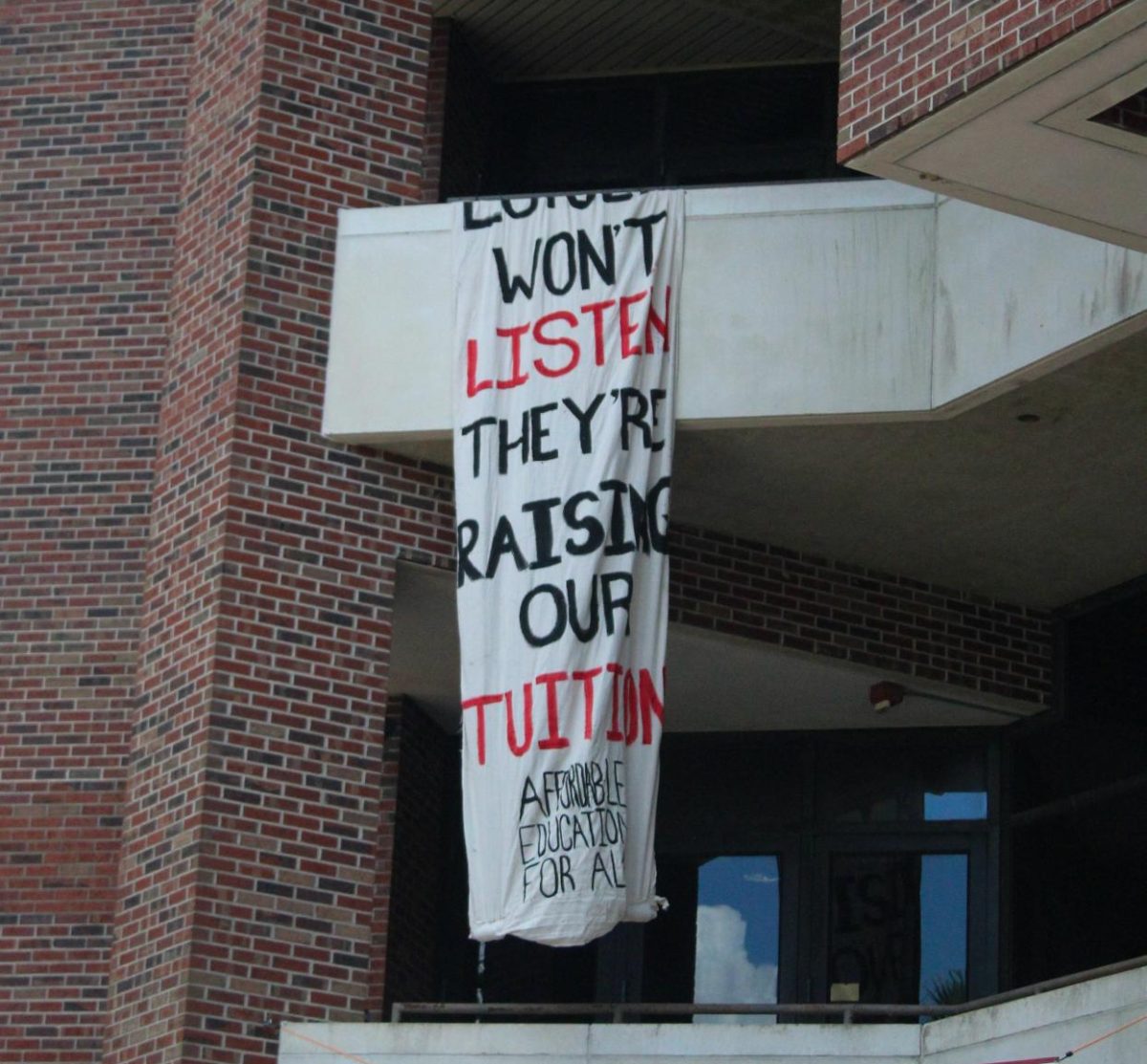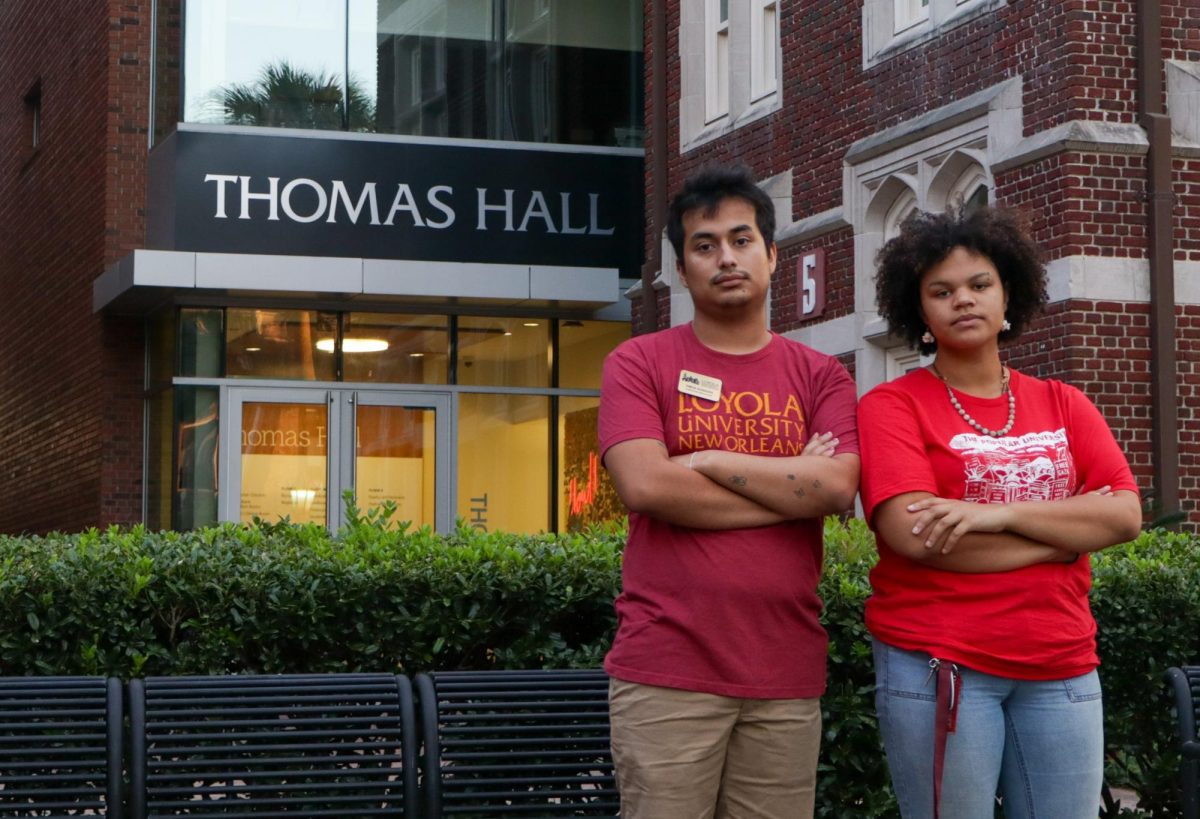When the University Senate worked with administration to bring up the salaries of some of the lowest paid faculty earlier this year, it represented the first significant pay increase for them in roughly 10 years. Still, faculty advocates in the Senate say there is more work that needs to be done.
“The goal of negotiations with the university over faculty compensation and retirement contributions was to reinstate a system of salary raises designed to address cost of living increases, as well as raises designed to ensure that Loyola faculty are compensated in line with their peers at other institutions,” M. Isabel Medina, the chair of the senate, said.
Medina said the salary increases were an important step in being able to maintain and improve the level of education students receive at the university.
“These issues are critical to ensuring that we remain a viable and competitive institution of higher learning for prospective students,” Medina said. “Faculty who do not have their efforts in teaching, publication or scholarship, and service rewarded, but in fact actually penalized, are less likely to remain at Loyola.”
Another goal was to raise professor’s salaries – regardless of their rank as instructor, assistant professor, or tenured professor – and irrespective of their previous salary, to where they are more competitive with similar-sized institutions.
“The university made a one-time contribution to faculty that were below the 25th percentile in income for their rank,” Medina said. “Subsequently, the university granted those faculty members a permanent increase to their compensation for 1/2 of that amount. So a person who received a $16,000 one time contribution that year received a permanent salary increase of $8,000.”
Interim Provost Justin Daffron, S.J. highlighted the importance of making sure the faculty felt their concerns about pay were being heard and addressed.
“Salary is an important driver for faculty and staff, and we want our faculty and staff to feel valued, supported, and encouraged in their work,” Daffron said. “We seek to offer a holistic approach to benefits that considers retirement contributions, healthcare, time off, hybrid work model, tuition reimbursement, and personal, professional, and spiritual development.”
But even with the successful adjustments, Medina said there is still more work to be done with regards to compensation.
“In the past, Loyola has aimed to be at 50th percentile of faculty compensation with our peers,” she said. “It is my understanding that some of the colleges, i.e. Business and Nursing and Health are at the 50% percentile. Other colleges, however, like the College of Law and the College of Arts and Sciences, are aiming for the 25th percentile.”
Medina said that in order for Loyola to stay competitive and recruit capable faculty, change is required.
“That is inequitable and an untenable situation,” she said. “Loyola’s position on faculty compensation and retirement benefits is causing faculty to leave the institution and it’s making it harder for us to recruit faculty.”
Daffron said that recruiting capable faculty remains a priority among the administration, and this move marks a key step in maintaining the quality of the education students receive.
“The university is committed to paying salary and benefits that allow Loyola University New Orleans to retain and attract highly qualified values-driven faculty and staff,” he said. “This is critical because it drives the type of employee engagement that creates a transformative learning environment for our students.”


















